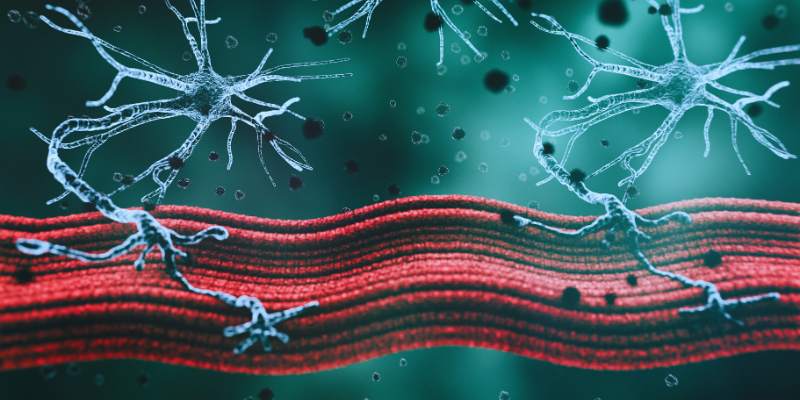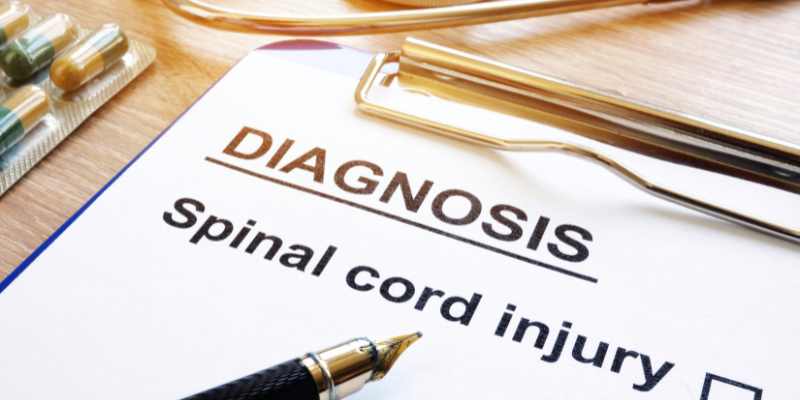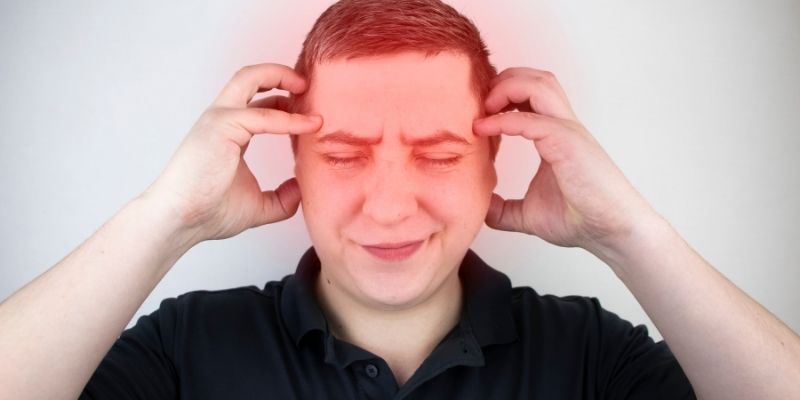Thyroiditis: Understanding the Different Types and Their Symptoms
Thyroiditis inflames the thyroid gland, changing how hormones are made and how the body uses energy. Medical treatments, infections, or autoimmune diseases might all lead to this illness. Depending on the type, thyroiditis can cause temporary or permanent thyroid malfunction, which would cause symptoms including heart palpitations, mood swings, weight fluctuations, and tiredness. While some cause hypothyroidism, others produce hyperthyroidism.
Among common forms include silent thyroiditis, postpartum thyroiditis, subacute thyroiditis, and Hashimoto's thyroiditis. Early diagnosis and efficient therapy of every type depends on an awareness of their causes and symptoms. Treatment choices range and could call for hormone replacement treatment, medications, or supportive care. Maintaining hormonal balance and general health depends on knowing the type of thyroiditis to treat. This article explores several forms of thyroiditis, their symptoms, and available treatments.

Hashimoto's Thyroiditis: The Most Common Type of Autoimmune Disorder
The leading cause of hypothyroidism in developed nations is Hashimoto's thyroiditis. It happens as the immune system of the body targets the thyroid gland. This autoimmune disorder progressively kills thyroid tissue and causes inflammation. The thyroid thereby loses the ability to generate sufficient thyroid hormones. Among the symptoms are weight increase, constipation, tiredness, and sensitivity to cold. Over time, most people with Hashimoto's thyroiditis develop hypothyroidism.
Treatment sometimes consists of hormone replacement therapy to restore normal thyroid hormone levels. Early discovery is crucial for managing symptoms and preventing consequences. Though the disorder usually lasts a lifetime, with the correct treatment plan, it can be controlled. Regular blood testing is crucial for monitoring thyroid hormone levels and changing prescription dosages.

Subacute Thyroiditis: Often Triggered by Viral Infections
A transitory disorder brought on by viral illnesses, including the flu or mumps, such as subacute thyroiditis—also known as de Quervain's thyroiditis—is usually unpleasant. The inflammation in this kind of thyroiditis affects the neck and occasionally radiates to the jaw or ears. Among the symptoms are often fever, tiredness, and a sore throat. Patients with subacute thyroiditis may go through periods of hyperthyroidism and then hypothyroidism as the inflammation goes away.
Usually self-limiting, this type of thyroiditis cures independently in a few months. Painkillers or anti-inflammatory medicines may be provided to reduce discomfort, though. Rarely, if hypothyroidism lingers once the inflammation has stopped, thyroid hormone replacement therapy may be required.
Postpartum Thyroiditis: Affecting New Mothers
Thyroid inflammation, known as postpartum thyroiditis, strikes certain women following childbirth. Most often occurring in the first year following delivery, it might cause brief thyroid malfunction. The disorder is thought to be an autoimmune reaction set off by expectance's hormonal changes. Postpartum thyroiditis may present weight fluctuations, tiredness, and trouble focusing. Women may first get hyperthyroidism, which can later on develop hypothyroidism.
Though it usually goes away on its own, postpartum thyroiditis might occasionally call for treatment. If hypothyroidism strikes, especially, thyroid hormone treatment may be advised to control symptoms. It is advised to routinely check thyroid function to ensure that hormone levels are back to normal following the first phase.
Acute Thyroiditis: Caused by Bacterial Infections
The rare but major form of thyroid inflammation brought on by bacterial infections is acute thyroiditis. An abscess in the thyroid gland brought on by the infection could cause fever, discomfort, and swelling. Usually connected with other infections in the body, such as a respiratory tract infection, this type of thyroiditis is among the serious symptoms it can bring: neck pain, soreness, and trouble swallowing.
Usually, medications are used to treat bacterial infection and surgical drainage if an abscess exists in some circumstances. Treatment for acute thyroiditis is necessary. Seeking medical assistance right away is vital to avoid complications, including irreparable thyroid gland damage. Most individuals with quick treatment fully recover from acute thyroiditis.
Silent Thyroiditis: A Mild and Often Unnoticed Condition
Often invisible, silent thyroiditis—painless thyroiditis—is a minor form of thyroid inflammation. Silent thyroiditis differs from other types of thyroiditis in that it causes no appreciable swelling or pain. Usually, hyperthyroidism followed by hypothyroidism may cause temporary thyroid malfunction. Among the symptoms could be slight tiredness, irritation, and trouble focusing.
Though its exact origin is unknown, silent thyroiditis is thought to be connected to autoimmune activity or thyroiditis brought on by other factors. Most people heal without medicine, and thyroid function usually returns to normal over time. If symptoms continue, thyroid hormone treatment may be advised to correct any abnormalities.
Radiation-Induced Thyroiditis: A Result of Radiation Exposure
Rare forms of thyroid inflammation brought on by radiation include radiation-induced thyroiditis. It can follow a nuclear disaster or radiation treatment applied to treat cancer. Radiation damage could promote thyroid gland inflammation, therefore causing thyroid dysfunction. Among the symptoms might be changes in thyroid hormone levels, edema, and neck aches.
The degree of the symptoms determines the available treatment approaches for radiation-induced thyroiditis. Sometimes, restoring normal thyroid function calls for thyroid hormone replacement therapy. Since radiation-induced thyroiditis can cause long-term thyroid problems, close observation of thyroid function is vital.
Chronic Thyroiditis: A Long-Term Condition
Long-term thyroid gland inflammation brought on by autoimmune illnesses or continuous infections is known as chronic thyroiditis. Usually causing slow damage to the thyroid gland, this type of thyroiditis lowers its capacity to generate enough thyroid hormones. Chronic thyroiditis symptoms could include weight changes, tiredness, and temperature sensitivity.
Usually, management of chronic thyroiditis consists of thyroid hormone replacement treatment to treat the resultant hypothyroidism. Stable thyroid hormone levels depend on regular check-ups to guarantee. While chronic thyroiditis can cause permanent thyroid damage, suitable therapy can help to reduce symptoms and enhance quality of life.
Conclusion:
There are several forms of thyroiditis, each with particular causes and symptoms. While some disorders are fleeting, others cause lifetime changes. Early diagnosis helps to control thyroid function properly. The severity of symptoms determines the different treatments. While some cases are clear on their own, others call for medicine. Long-term health depends on monitoring long-term hormone levels. The optimal treatment strategy comes from a doctor's assessment—lifestyle changes help support thyroid function. Early diagnosis of thyroiditis depends on knowledge of it. Good care enhances quality of life and helps to avoid problems.












